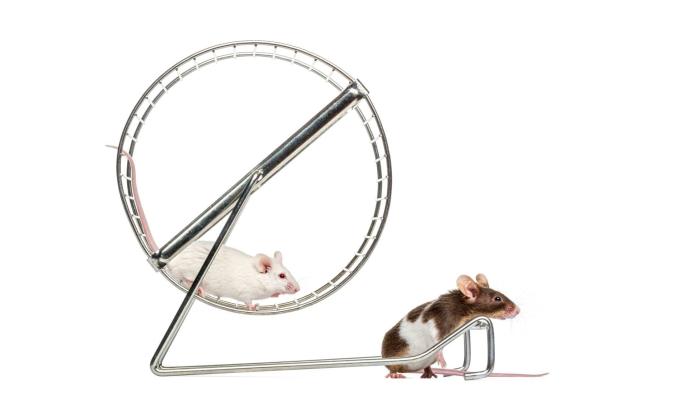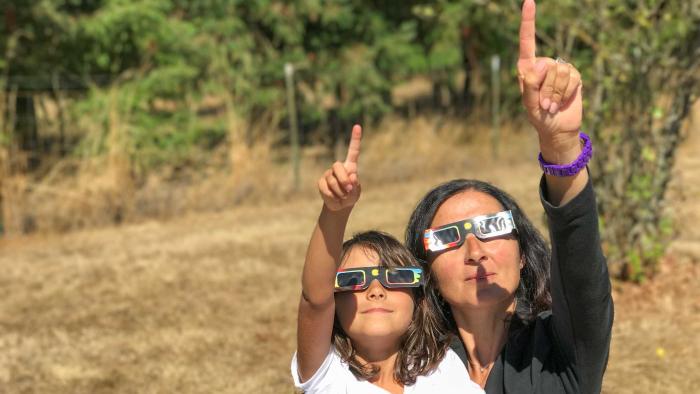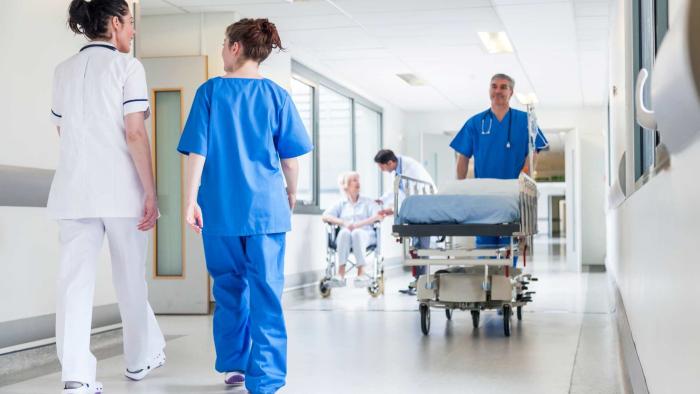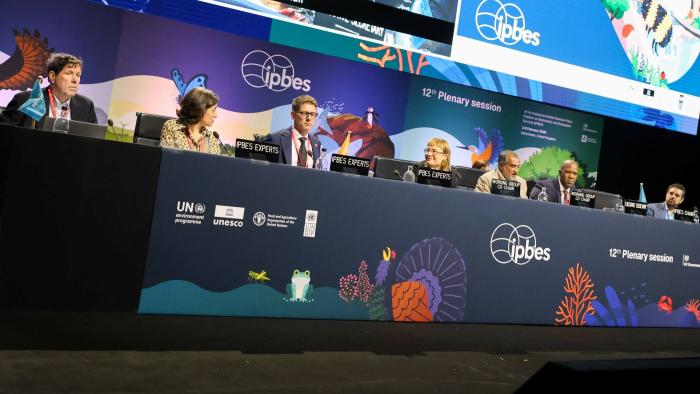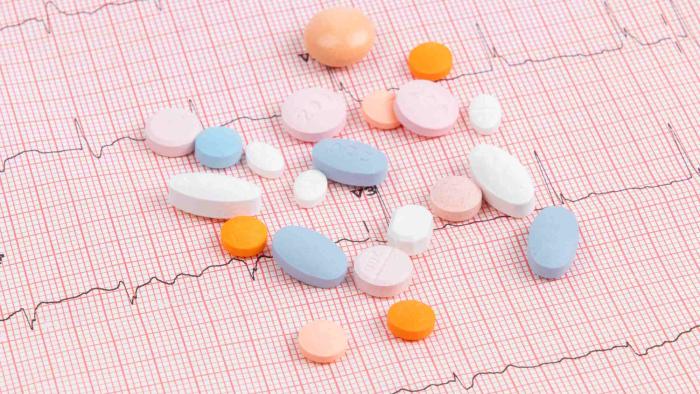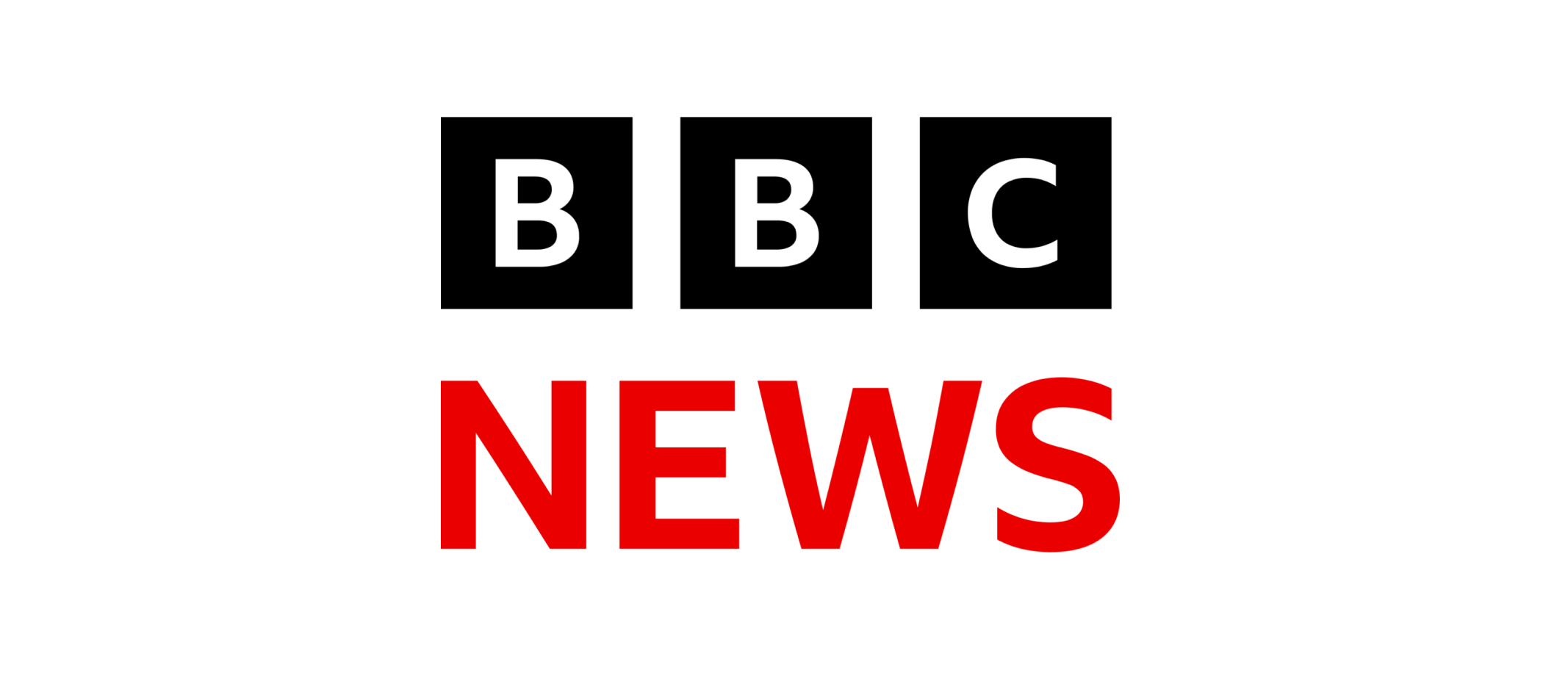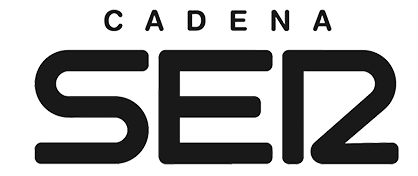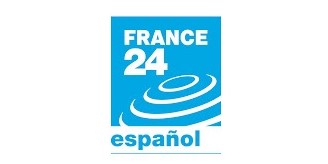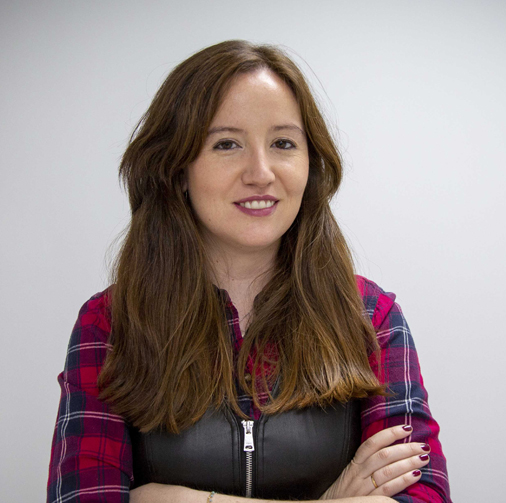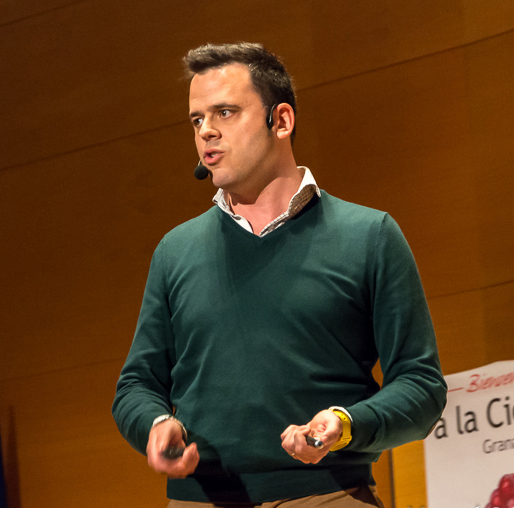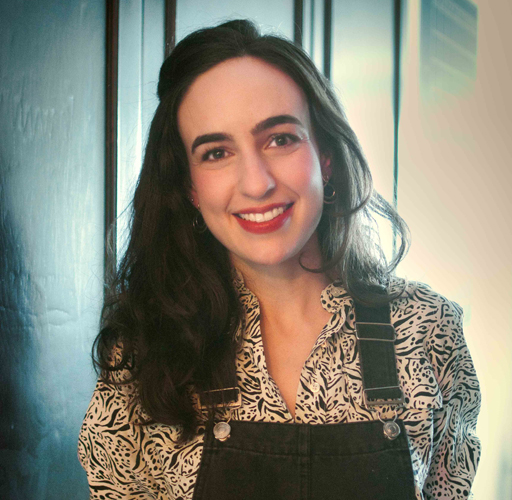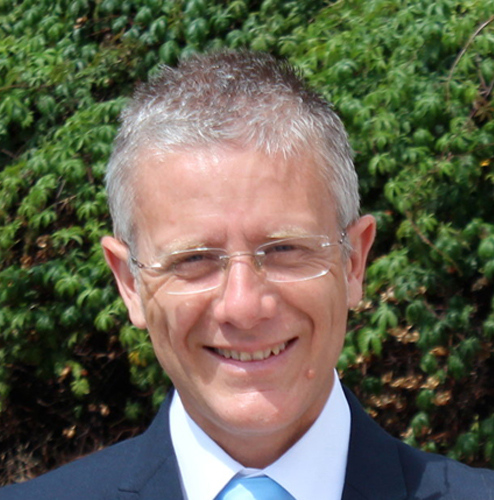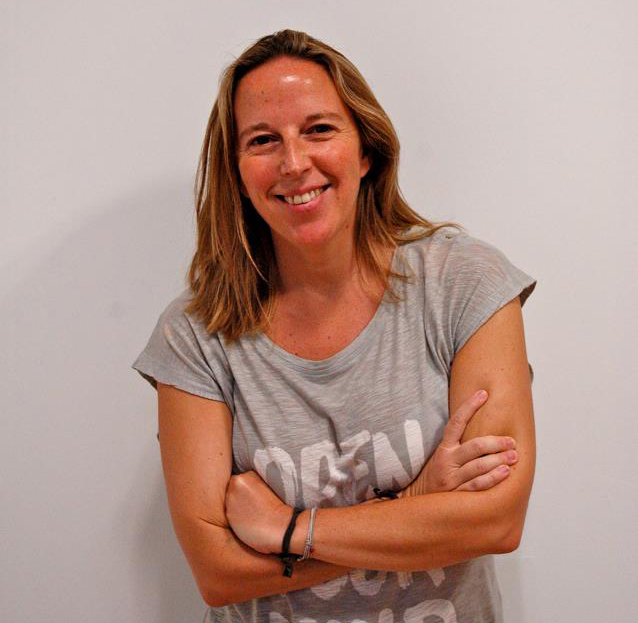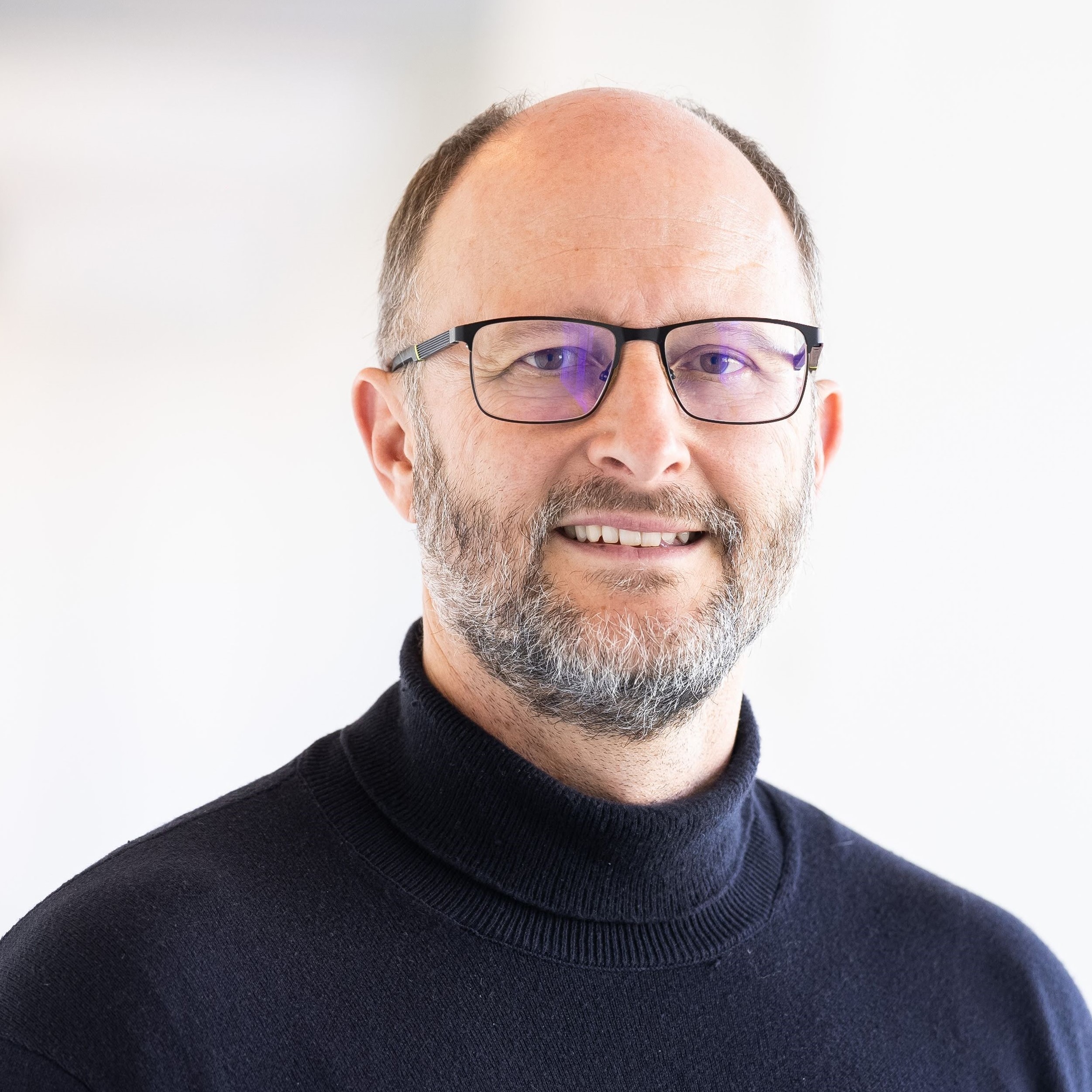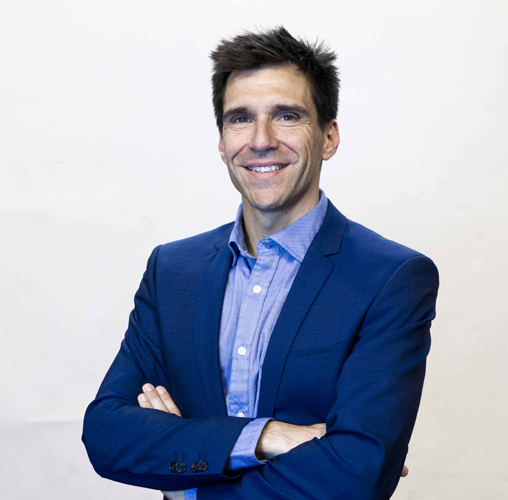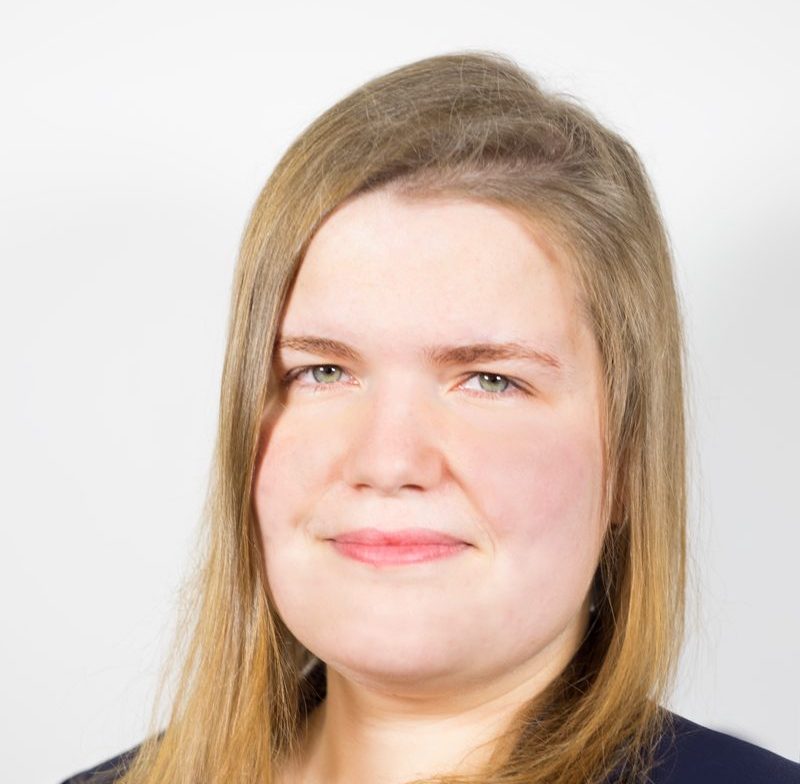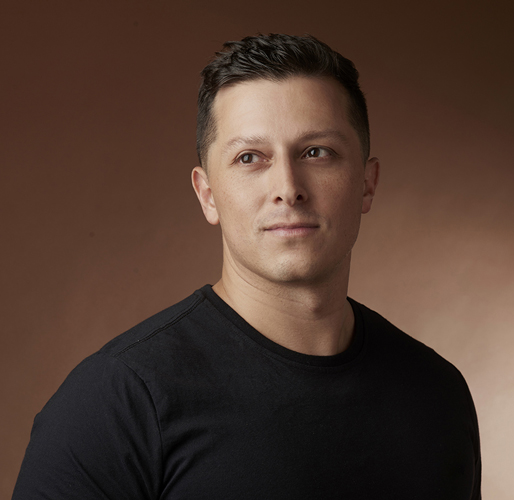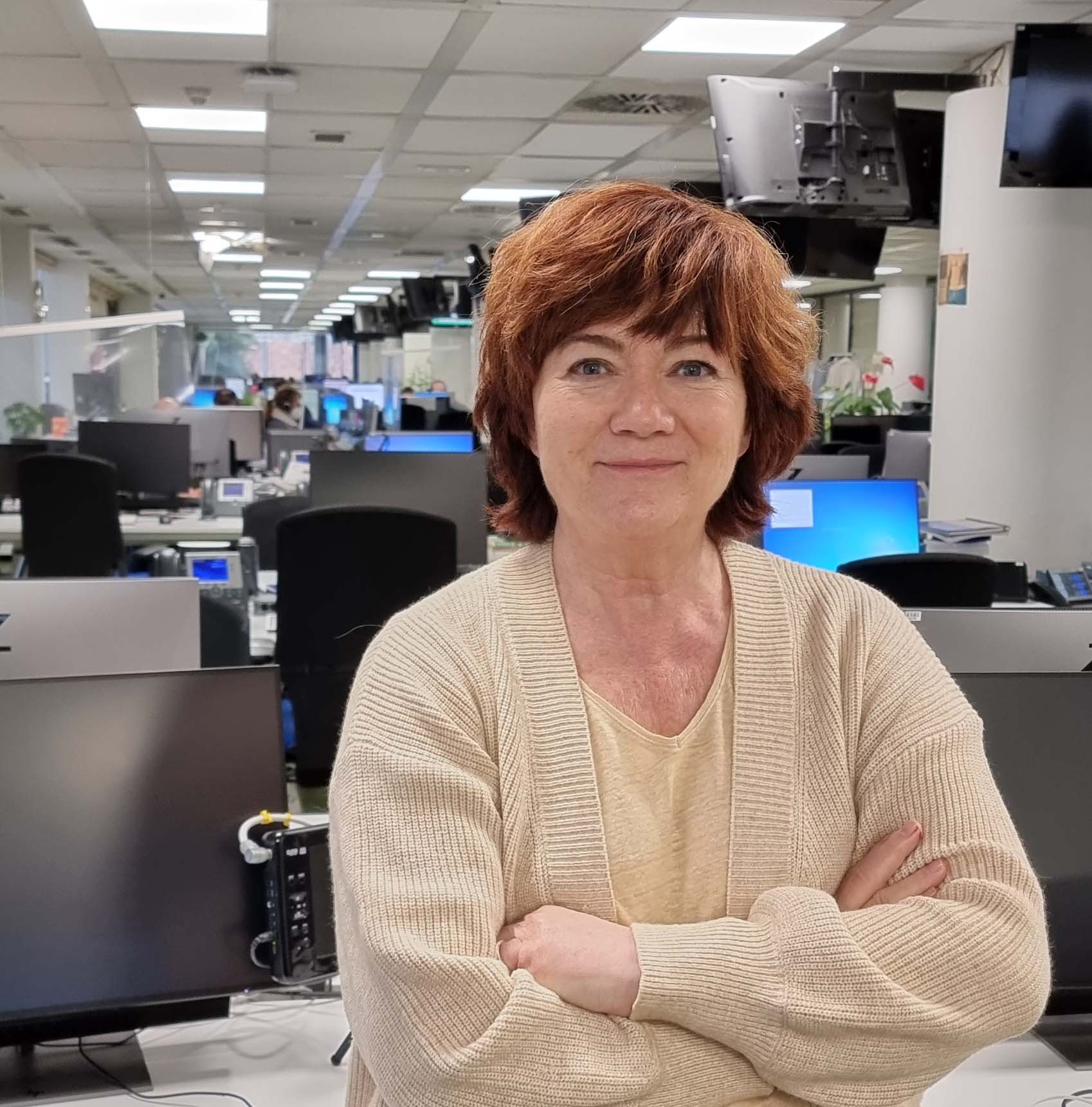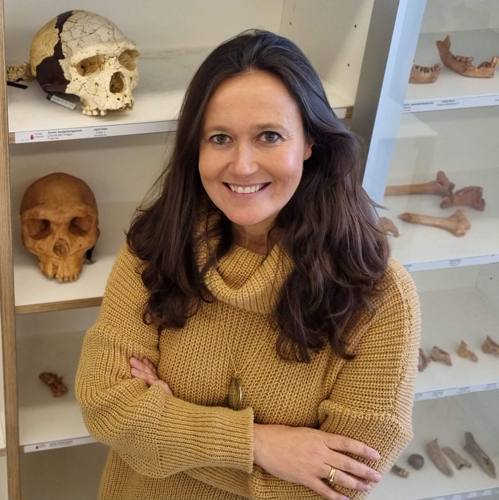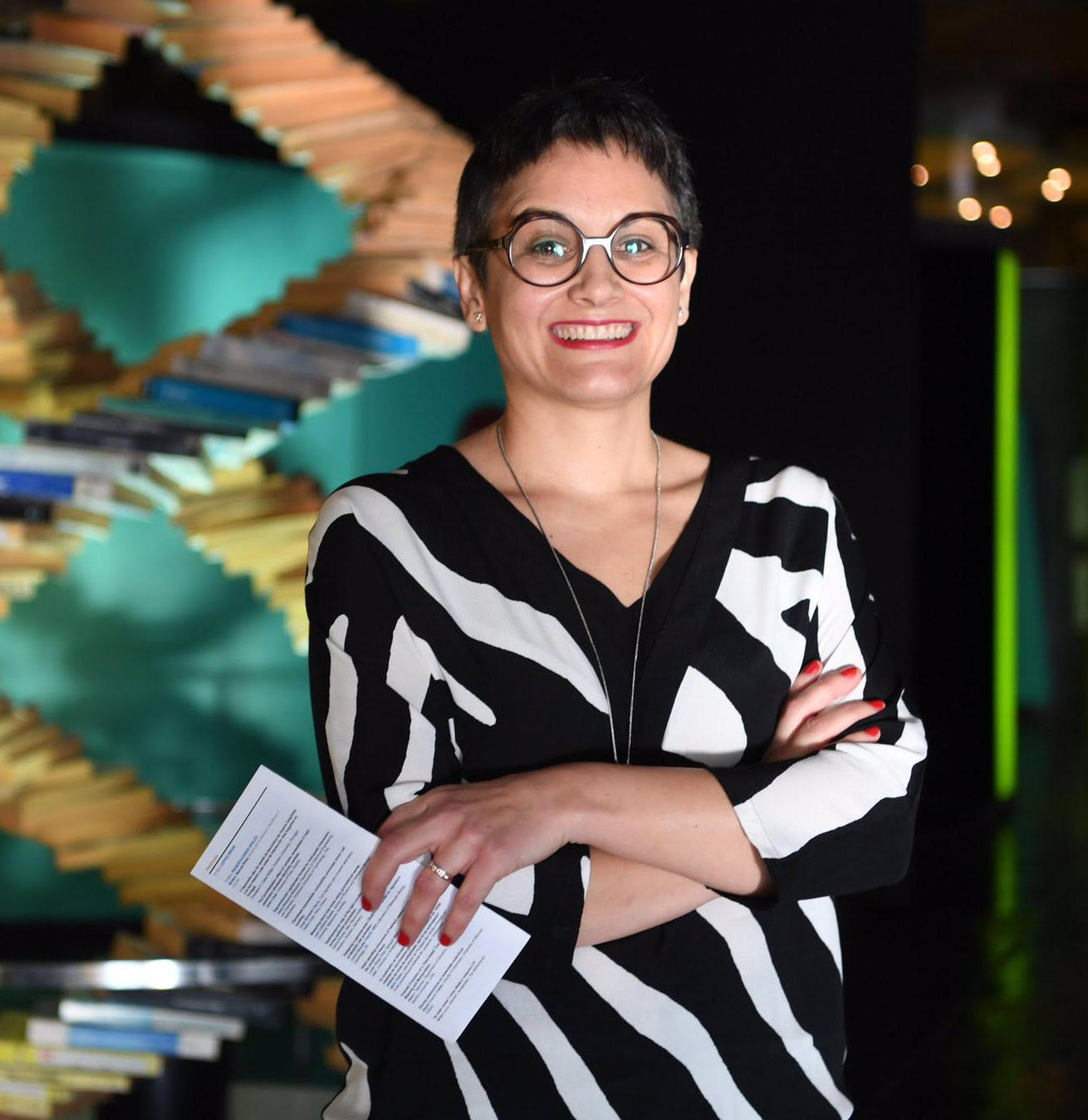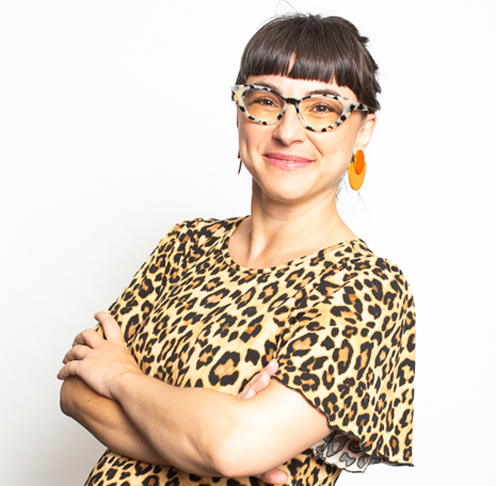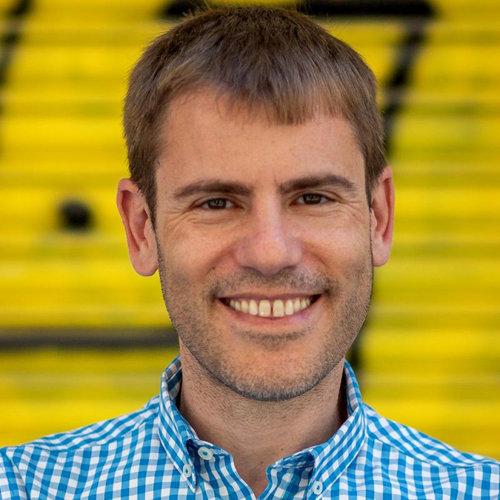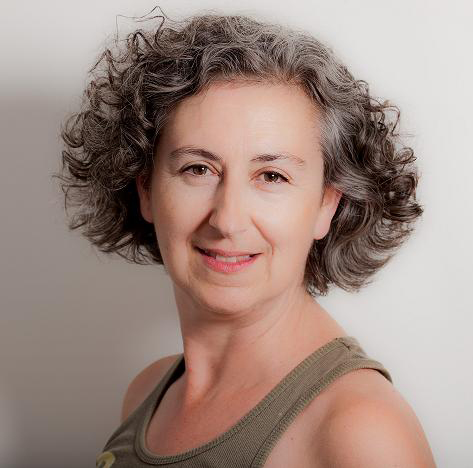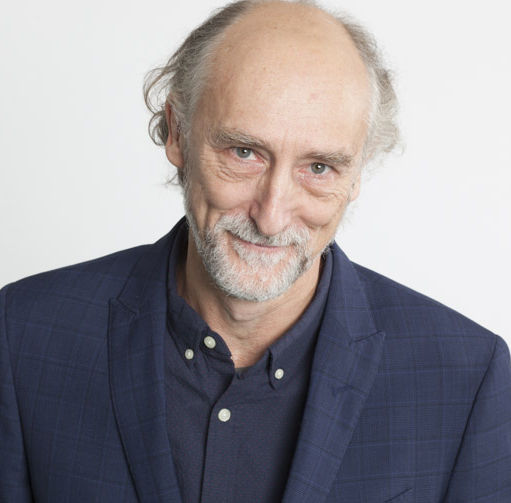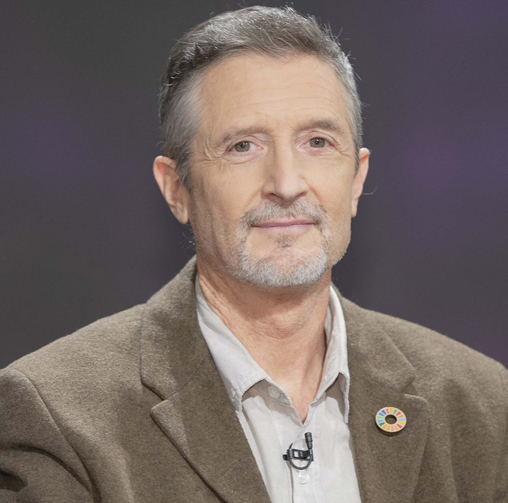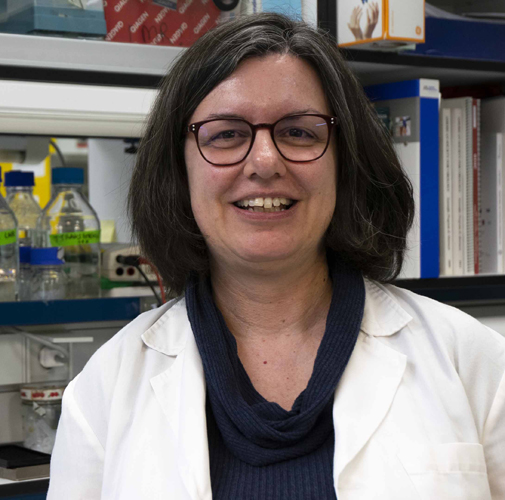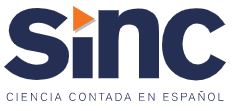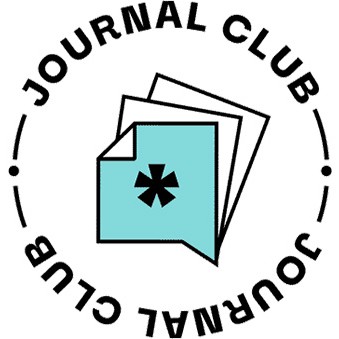Listado de tags
El SMC EN
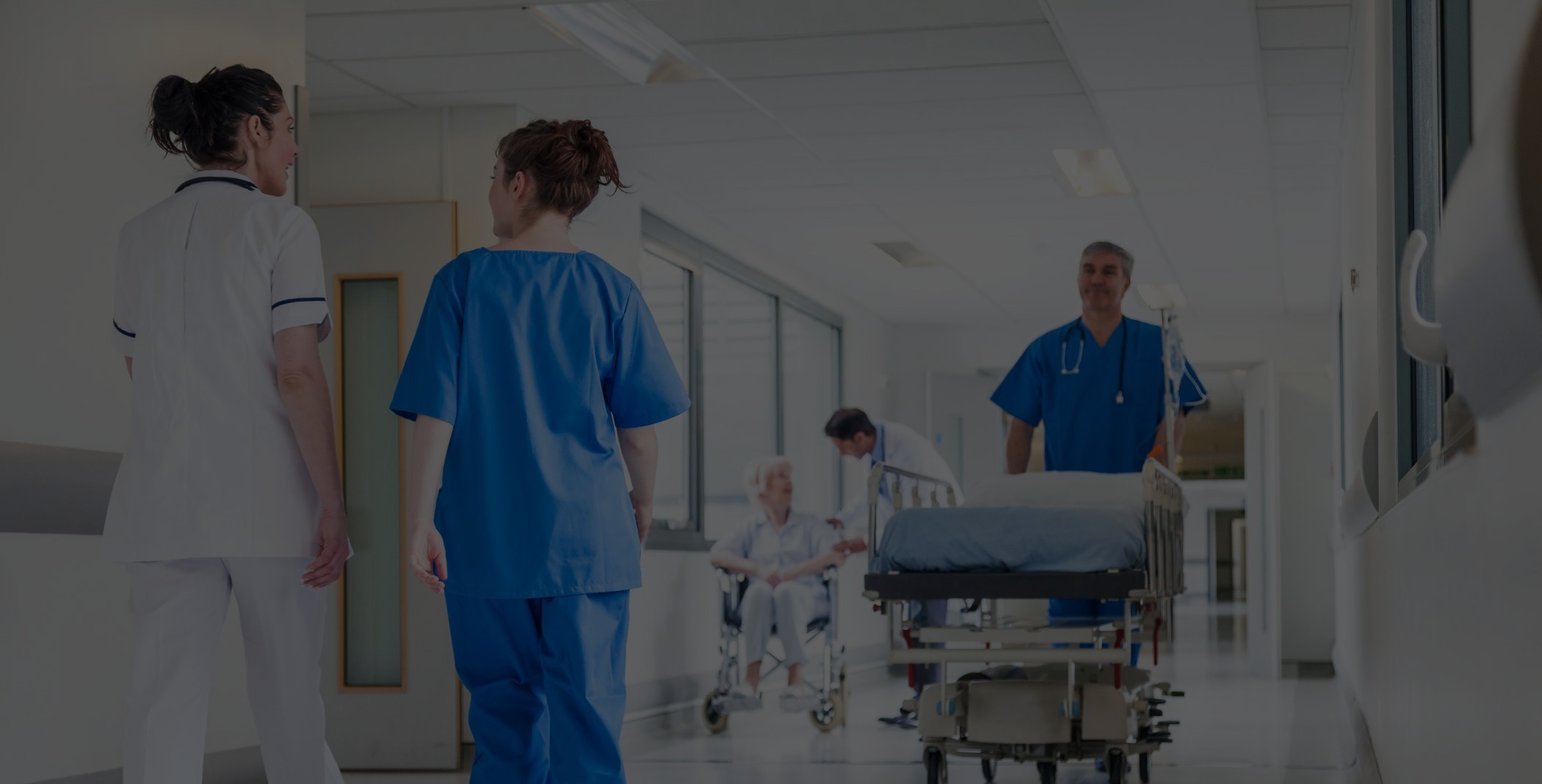

What you need when science makes the news
Find reactions, analysis or resources including keywords.
We offer you different formats with more or less depth and immediacy depending on current events. They have a Creative Commons licence and you can use them quoting SMC Spain as the source.
If you are part of any of these three groups, SMC Spain adapts to your needs.
We are part of the international SMC network, which has six members spread across different countries. Its origin lies in the creation of the UK SMC in 2002. If you want to create a Science Media Centre in your country, check the requirements on the network's website.

SMC Spain has a scholarship programme for students who want to train as science, technology, health and environmental journalists.
On this occasion, we've asked journalists and researchers: How does the work of SMC Spain help you? Here are their video responses.
The SMC Spain aims to contribute to the accurate portrayal of science in the media, with context, expert sources, and the best available evidence. Only in this way can we improve the quality of public discussion on the many current issues related to science.
This voluntary team of independent experts provides specialized knowledge and advice to the team of the SMC Spain.
Useful guides on science communication and key aspects of different branches of science.
A Science Media Centre (SMC) is an independent communications office that helps ensure that the public has access to the best science through the media when science hits the headlines. There are several SMCs around the world: in the UK, Australia, New Zealand, Germany and Taiwan. Although each operates autonomously, they all come together in an international consortium. SMC Spain, launched by FECYT, has joined this network.
Yes, each SMC retains its independence, but we all share guiding principles with a clear mission: to enhance public debate and discussion of current affairs by bringing evidence-based information to the headlines.
We offer formats with varying degrees of depth and immediacy to cover science-related news. We produce these types of products now, with more to come in the future.
- Reactions: when science hits the headlines, we seek the point of view of different authoritative sources that assess the news with rigour and speed, according to the available evidence and outlining the accepted consensus and controversies in the scientific community.
- Expert voices: each one of these pieces is an in-depth, more relaxed analysis of a topical issue commented on by specialists in that subject. These ‘expert voices’ put news stories into context, especially those involving controversies of social interest, which can be easily misinterpreted.
- What we know: the SMC team produces explanatory articles on topical issues to answer society’s questions, with the necessary context and depth. The sources and resources used to produce the article are always provided.
- Resource library: guides on different scientific topics for journalists and communication departments. Also, hints and suggestions are aimed at research staff, to help them when dealing with the media.
- Briefings: we bring together journalists and scientific sources to answer questions and discuss current issues. These can be face-to-face or virtual. Registration is required.
The contents are aimed at three profiles: journalists, research staff and press office technicians. Through these three audiences, the work of SMC Spain will also reach the public.
The Creative Commons BY 4.0 licence allows them to be republished in whole or in part, citing SMC Spain as the source. In the case of content signed by an author, the media outlet must cite SMC Spain and the author. In addition, if the content is disseminated via the Internet, it must be linked to the SMC Spain website.
The Creative Commons BY 4.0 licence allows the contents to be republished in whole or in part, citing SMC Spain as the source. In the case of content signed by an author, the media outlet must cite SMC Spain and the author. In addition, if the content is disseminated via the Internet, it must be linked to the SMC Spain website.
The only specific agenda an SMC must have is to promote the dissemination of evidence-based science. Therefore, it must maintain its operational and editorial independence. This is achieved by:
- A statute that ensures the independence of SMC Spain, avoiding any kind of interference in its contents, whatever the subject matter.
- An Advisory Committee composed of a group of independent volunteer advisors from the fields of science, engineering, medicine, journalism, and communication, who provide expertise and advice.
In addition to independence in governance, another key element for SMCs is sustained funding over time. Some have achieved this through an external multi-funding model, with a cap on grants for each funding body, which ensures that their activity is not subject to the interests of any one institution.
Other SMCs operate with state public funding and small private donations. The Spanish SMC has been launched with funding from the Spanish Foundation for Science and Technology (FECYT).
- It is not a repository of press releases.
- It is not a press office that provides journalists with contacts to scientists.
- It is not a regular media outlet with news, features and interviews.


